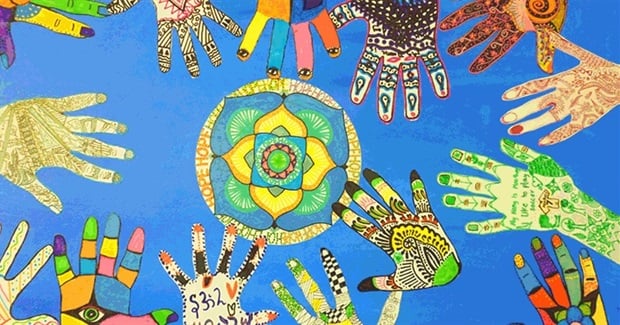 Just as we recognize the importance of biodiversity for the survival of the planet, so we must preserve the diverse ways of knowing that exist among humanity.
Just as we recognize the importance of biodiversity for the survival of the planet, so we must preserve the diverse ways of knowing that exist among humanity.
In the late 1990s, a Ugandan intellectual and civil society activist called Paulo Wangoola returned home to the Kingdom of Busoga on the Eastern shores of Lake Victoria. After 25 years of work in various parts of Africa and abroad, his message to his Elders was this:
“We, the children of Afrika, will never realize our full potential if we continue to depend wholly on the content and ways of knowledge of the European peoples. Our way forward must be linked to the recovery, replenishment and revitalization of our thousands of years old Indigenous knowledge.”
With those words came a decision by Wangoola to withdraw from the economic structures of the Western world, return to a subsistence life style, and dedicate himself to the creation of a village-based institution of higher education and research known as the Mpambo, Afrikan Multiversity: a place for the support of mother-tongue scholars of Afrikan Indigenous knowledge.
Fast forward to 2005 in Durban, South Africa, where some of the inhabitants of the tin-roofed shacks of the city created a blockade on Kennedy Road to protest the sale of land originally promised to the poor for building homes, but subsequently offered to a commercial developer. The efforts of those living in these shacks have grown into “Abahlali baseMjondolo,” the shack-dwellers movement.
Read more: http://www.filmsforaction.org/articles/knowledge-democracy/























